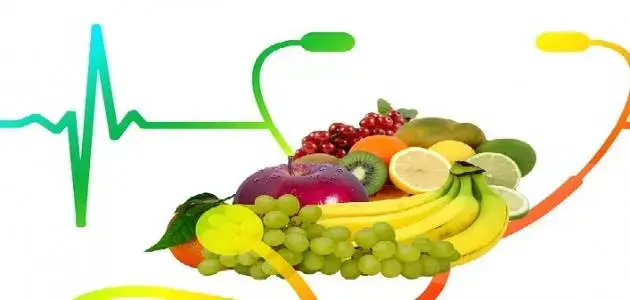Here's the thing — fruits don’t actually contain vitamin B12. But that doesn’t mean they’re not good for you! Most fruits are packed with folate (a different type of B vitamin) and are a great source of fiber. If you're looking to get your vitamin B12, you'll want to turn to other foods. Check out some top sources below:
Foods Rich in Vitamin B12
- Clams: Just 3 ounces (about 85 grams) give you a whopping 84.1 mcg of vitamin B12. They’re also loaded with protein, iron, and other B vitamins.
- Beef Liver: A 3-ounce serving has around 70.7 mcg of B12. Plus, it’s rich in iron, vitamin A, and protein.
- Salmon: You’ll get about 4.8 mcg of B12 from a 3-ounce piece. Salmon is also a great source of omega-3 fatty acids.
- Trout: Another fish option, 3 ounces of trout offers 3.5 mcg of B12. It’s also high in protein, minerals, and other B vitamins.
- Milk: One cup of milk contains around 1.2 mcg of B12. It's also a good source of calcium and vitamin D.
How Much Vitamin B12 Do You Need?
Your recommended daily intake of vitamin B12 depends on your age and whether you're pregnant or breastfeeding. Here’s a breakdown:
- Babies (0–6 months): 0.4 mcg
- Babies (7–12 months): 0.5 mcg
- Kids (1–3 years): 0.9 mcg
- Kids (4–8 years): 1.2 mcg
- Kids (9–13 years): 1.8 mcg
- Teens (14–18 years): 2.4 mcg
- Adults: 2.4 mcg
- Pregnant women: 2.6 mcg
- Breastfeeding women: 2.8 mcg
Signs You Might Be Low on Vitamin B12
It can actually take years for signs of a B12 deficiency to show up. Here are some symptoms to watch for:
- Pale or yellowish skin: B12 is essential for making DNA, especially for red blood cells. Without enough B12, red blood cells don’t form properly and break down more easily, which can lead to a condition called megaloblastic anemia — and cause pale or yellow skin due to increased bilirubin.
- Weakness and fatigue: Fewer red blood cells means less oxygen is delivered throughout your body, which can leave you feeling tired and weak.
- Movement problems: If B12 deficiency goes untreated, it can affect your nervous system. You might notice changes in balance, walking, or coordination.
- Shortness of breath and dizziness: These can happen due to the reduced number of red blood cells — although other health issues might also cause these symptoms.
Leave a comment
Your email address will not be published. Required fields are marked *




